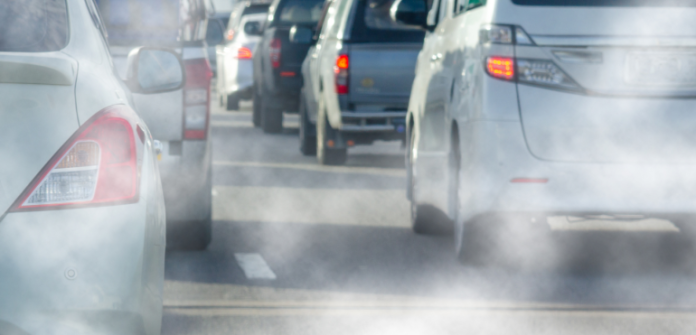The European Union, by acceding to the car industry’s recommendations when adopting new emissions standards, may yield to the industry lobby at the expense of taxpayers’ money and citizens’ health, Voxeurop reports.
Policy advisers to the European Commission are raising the alarm as the delayed implementation of Euro-7 standards, which set new emissions requirements for cars, could lead to health and environmental damage worth around €100 billion by 2050 due to excessive pollution from internal combustion engines (ICEs). Such an estimate is based on an analysis by the Consortium for ultra-low vehicle emissions (CLOVE).
Having examined the text agreed by 27 governments in the Council at the end of September, leading European automotive experts stated that a loss of €4 billion a year could be prevented if European car manufacturers devoted at least a small part of their annual fortunes to producing more environmentally friendly models.
The European Parliament will vote at a plenary session on November 9 and be responsible for confirming or overturning the Council’s decision, which is grappling with the aftermath of Dieselgate.
In 2015, car manufacturers tried to circumvent regulations limiting tailpipe emissions by regulating levels of NO (or NOx, nitrogen oxide), one of the main pollutants emitted by internal combustion engines (mainly diesel ones).
NO transforms rapidly into nitrogen dioxide (NO2), which is responsible for 49,000 premature deaths per year in the EU and indirectly contributes to the formation of Particulate Matter (PM). The estimated number of excess annual deaths from PM is 238,000.
Half of these premature deaths could have been avoided if emissions on the road had been the same as reported in laboratory tests carried out to approve new models. Although the EU has tightened its oversight rules since Dieselgate, legal emission standards are often exceeded by new car models as well.
Exceeding the permitted emissions is also due to loopholes in legislation: tests for the approval of new models are not required to cover all real driving conditions, whereas measurements do not cover the entire life span of the vehicle.
This is why the Euro-7 standard proposed by the Commission aims to tighten both emission limits and test procedures for cars, vans and heavy vehicles such as buses and lorries.
The Council, however, approved a text that maintains the Euro-6 exhaust emission standards which have been in force for almost 10 years. Only heavy-duty vehicles will be affected by the tougher restrictions. Diesel-powered vehicles are still allowed to pollute more than petrol-powered ones.
